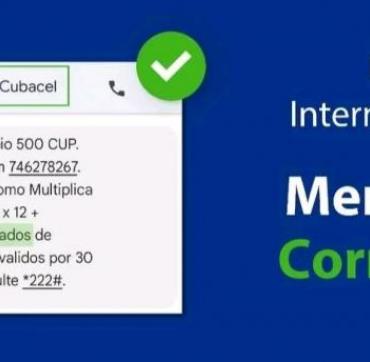Ten years without Chávez
especiales

Time flies. A decade ago, the leader of the Bolivarian Revolution, Hugo Rafael Chávez Frías, passed away. I remember that day so clearly and with nostalgia. I was working in Radio Rebelde radio station, and minutes before concluding the cultural radio magazine Así, a broadcast on a national radio and television channel, from Venezuela, released the news around the world, which was repeated on each of the television stations, and made headlines in all media.
We were in shock at first. Without time to process the information, the room was immediately crowded with people. The programming had to be modified and right away, we made a special thematic broadcast of several hours, in honor of Cuba's best friend.
No other subject was addressed in the street. We knew he was not in good condition. We saw him change physically in an accelerated way, and saw him saying goodbye on camera before the world three months earlier. But we always remained hopeful he would overcome the situation.
At that time in 2013, we sensed something was not right because suddenly the information gap was tangible and it implied his condition was not good. And so it happened. He was only 58 years old. He had so much to do, and only cancer could beat Chávez. He had been diagnosed 20 months earlier, and in a heartbeat, the disease took away from us an innate, charismatic leader, with immense social sensitivity. I remember him spontaneous, controversial, irreverent, temperamental. He either played baseball that sang live on national television. He was one of the most transcendental figures in contemporary history in Latin America.
The announcement of his death was brief, just a few minutes. The then executive vice president of Venezuela, Nicolás Maduro Moros, did it. Accompanied by his staff, he showed himself in an evident state of disturbance: with a cracked voice and tears in his eyes. In a brief message, he communicated the terrible news and called for calm, for the peace of the Venezuelan people, he asked for respect, and he thanked the memory of Chávez for his legacy.
On the other hand, here in Cuba, I remember a very saddened Fidel presenting on Cuban Television the song by Raúl Torres, "The return of the friend." He looked sad, the pain of a father who has just lost a son, an event that should never happen.
We got over the shock, but the world was never the same again. With his death, the processes of the left in Latin America were fractured, which with the guidance of Fidel and Chávez lived good years at the beginning of the century thanks to the alliance that both created and that served as a beacon and guide to promote other progressive causes in the region.
After his death, the media war against any model with a socialist nuance increased even more, whatever smelled left-wing was in the spotlight. The attacks against Chávez's integrity rose in tone, with the aim of lacerating his prestige and legacy, and, finally, altering the balance achieved in previous years.
The first few days were turbulent. A polarized Venezuela was plunged into a deep social, political and economic crisis. The foreign pressure was felt a lot, and the streets became true battlefields where the sides faced each other both there, on the barricades, and in parliament, on the networks, in the media.
However, the Bolivarian Revolution remained strong, always following the policies of the Eternal Commander. His thoughts continue to be the essence of the current administration of Venezuela, his driving force. As an architect, he left the legacy of governing for the humble, of creating popular care mechanisms so that everyone has the same rights, opportunities, and access to fundamental services.
The Bolivarian project created by Chávez is a cry of freedom in favor of the oppressed, sovereignty, and against imperialist interference. With Maduro now leading, he strives to maintain what he founded, and what today stands as a banner in Venezuela thanks to his character and social justice, to the rescue of national identity and his achievements. That is also a way of being immortal, and perhaps this is what the Chavez’s followers mean when they say "Chávez still lives, the fight continues." It is not that they deny his death. For them, as long as Chávez's work exists, they will have a reason to grow.
Translated by Sergio A. Paneque Díaz / CubaSí Translation Staff














Add new comment